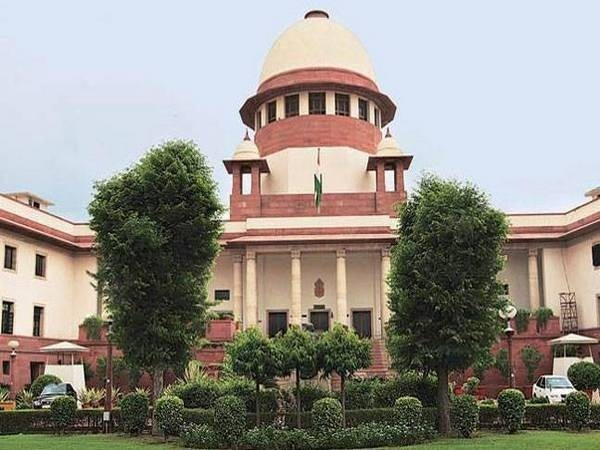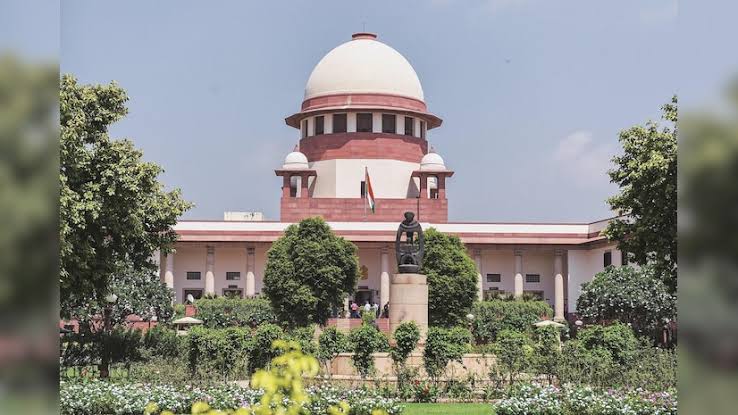In a significant development, five Indian states have jointly approached the Supreme Court in support of the Waqf Amendment Act 2025, lending their voice to a debate that has drawn national attention. This comes at a crucial time as the constitutional validity of the amended law is being challenged before the apex court.
 The states—known for their rich cultural diversity and deep-rooted traditions of communal harmony—have emphasized that the recent amendments serve to streamline the functioning of Waqf properties and strengthen the accountability of the institutions managing them. According to their submissions, the legislation is not only consistent with the principles of secular governance but also aims to ensure that religious endowments are managed in a transparent and efficient manner for the benefit of the communities they serve.
The states—known for their rich cultural diversity and deep-rooted traditions of communal harmony—have emphasized that the recent amendments serve to streamline the functioning of Waqf properties and strengthen the accountability of the institutions managing them. According to their submissions, the legislation is not only consistent with the principles of secular governance but also aims to ensure that religious endowments are managed in a transparent and efficient manner for the benefit of the communities they serve.
The move by these states reflects a sensitive understanding of the importance of protecting religious trusts while also modernizing administrative processes. Supporters of the Act argue that reforms are long overdue and will help curb misuse, bring clarity to property records, and resolve long-pending disputes.
While opinions around the Act remain divided, with some questioning its broader implications, the backing by state governments underscores a belief that the law is a step toward responsible stewardship of Waqf assets. Their intervention before the Supreme Court comes not just from a place of legal alignment, but also from a genuine concern for preserving social harmony and the rightful use of community resources.
As the hearings progress, all eyes are on the Supreme Court, which now carries the weighty task of balancing constitutional safeguards with the evolving needs of a diverse and dynamic society. The court’s eventual decision will have a lasting impact on how religious and charitable institutions are governed in a rapidly changing India.




